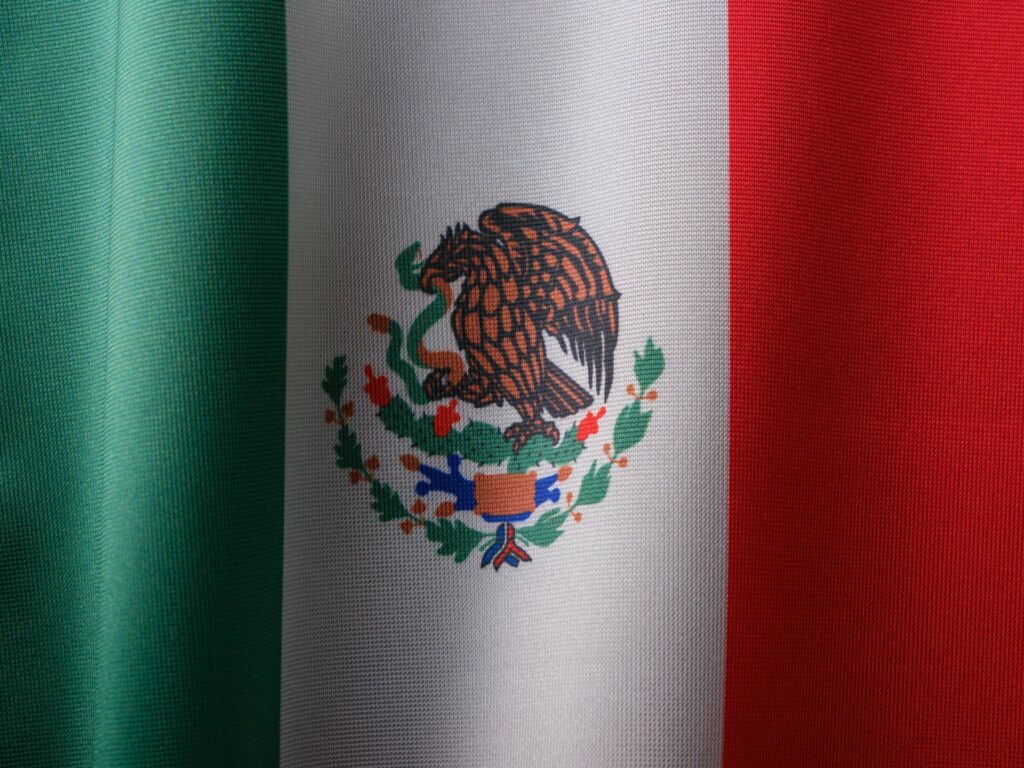
(Scypre.com) – In a recent wave of public opinion, Americans have voiced their diverse perspectives on whether the U.S. should acquiesce to the demands of the Mexican President for substantial financial assistance aimed at tackling the immigration issue. A cross-section of views was gathered, highlighting a complex debate over national sovereignty, collaboration, and the implications of international demands.
The crux of the issue lies in the Mexican President’s proposal, as detailed in a notable “60 Minutes” interview. President Andrés Manuel López Obrador has placed a significant request before the U.S. administration, urging it to allocate $20 billion annually to Latin American countries. This funding, he argues, is crucial for mitigating the migrant crisis by addressing its root causes. Furthermore, Obrador’s demands extend to lifting sanctions on Venezuela, ending the Cuban embargo, and legalizing millions of Hispanic immigrants residing in the U.S. for over a decade.
Critics argue that succumbing to such demands could potentially weaken the U.S.’s stance on the global stage. A resident named Andy, interviewed on the bustling streets of Music City, encapsulated this sentiment by suggesting that meeting these demands would resemble submission. “It’s our issue they’re coming over, but it’s their issue for letting them come over. It would be like we are submitting to them,” he expressed.
Conversely, others see value in collaboration. Chris, hailing from Nashville, advocates for a cooperative approach to solving the immigration crisis, highlighting the mutual benefits that could arise from such an endeavor. “It helps us, too. It benefits us, too,” Chris pointed out, questioning why the U.S. would hesitate to invest in solutions when it already allocates funds internationally for various causes.
Despite these demands, some citizens, like Gary, believe in the U.S.’s ability to independently manage and control the immigration crisis. This sentiment is echoed in concerns about national security and sovereignty, with Tony criticizing the current administration’s handling of border security and implying a perceived weakness in leadership.
The backdrop to this debate is a significant surge in migrant encounters at the U.S. southern border, with figures reaching unprecedented highs. According to Customs and Border Protection data, fiscal year 2023 saw a record 2.4 million migrant encounters, a stark increase from previous years. This escalation has not only strained resources but also intensified discussions on how to effectively manage and mitigate the challenges of illegal immigration.
Among the diverse opinions, there are voices like Gerald’s, who argue for compliance with the Mexican President’s demands as a means to address and possibly alleviate the burgeoning border crisis. Gerald’s concern extends to the humanitarian aspect, highlighting the difficulties in sustaining the U.S.’s own population amidst the influx of migrants.
This ongoing debate encapsulates a broader discussion on national policy, international relations, and the ethical considerations surrounding immigration. As the U.S. grapples with these complex issues, the divergent views of its citizens reflect the multifaceted nature of the crisis at hand, underscoring the challenges in finding a balanced and effective response.